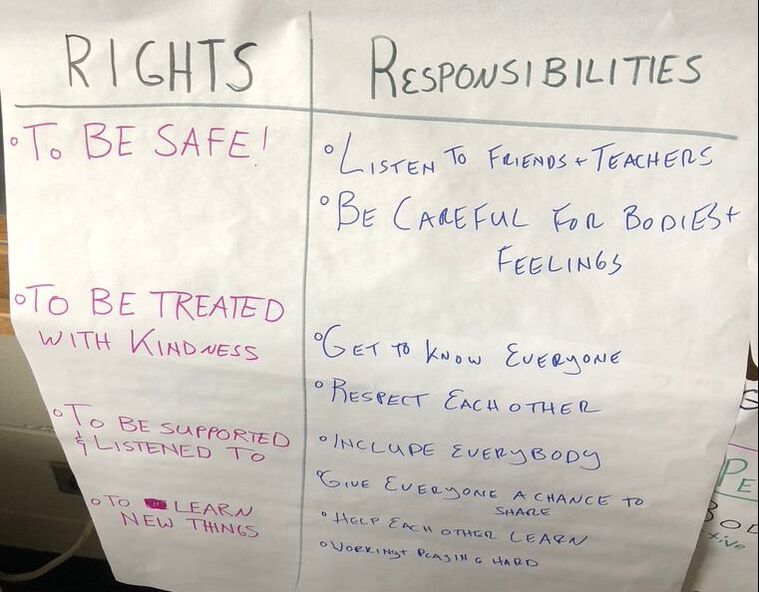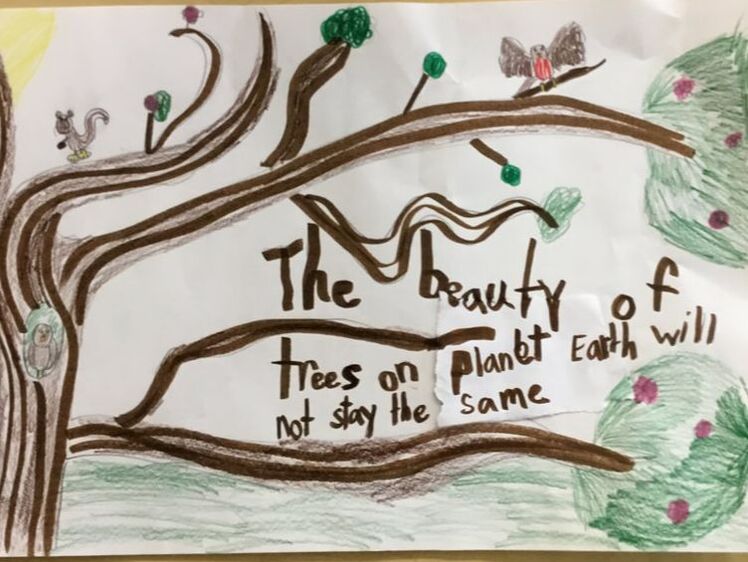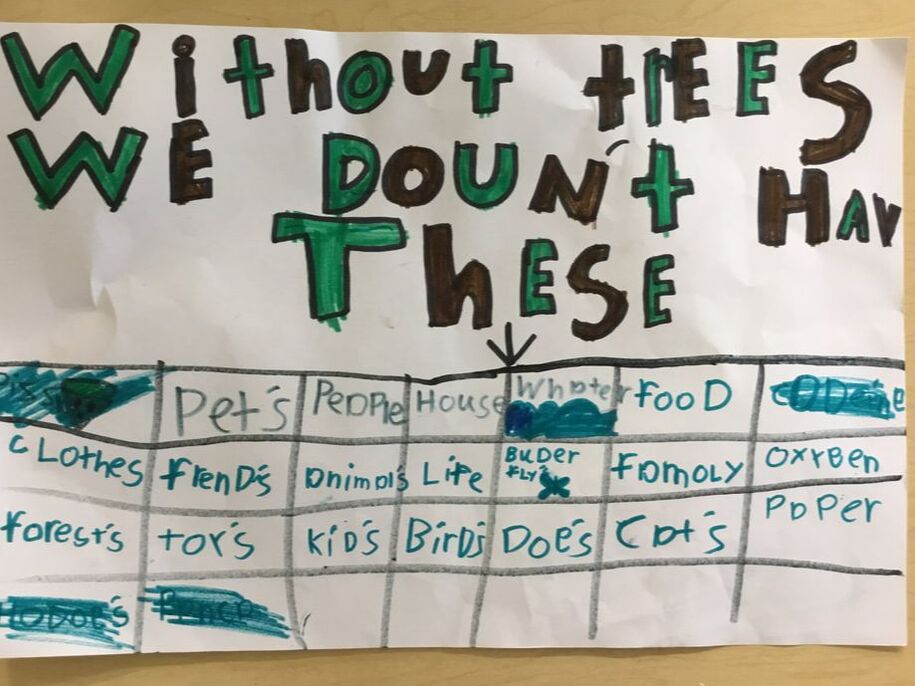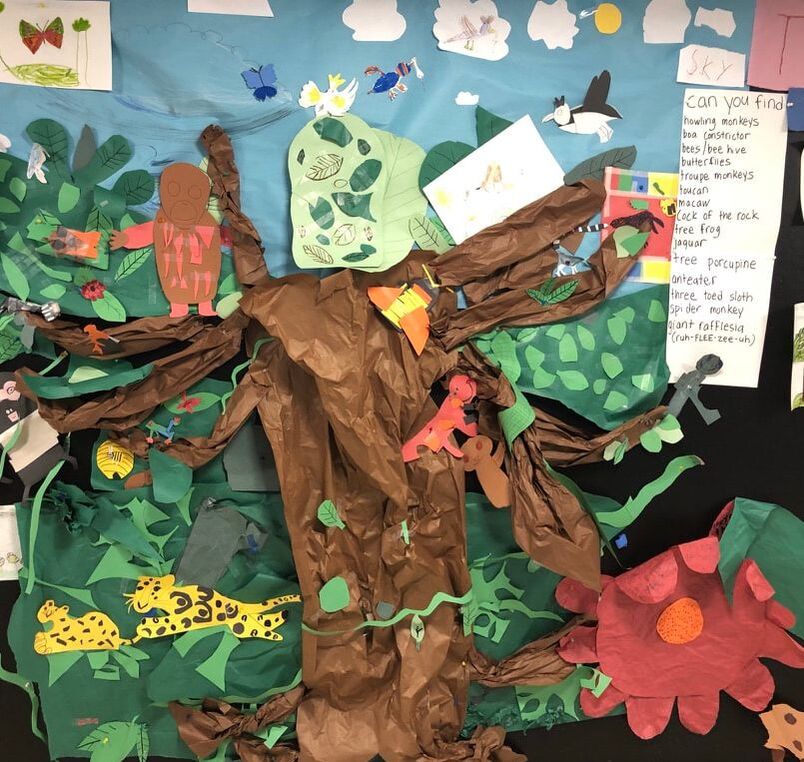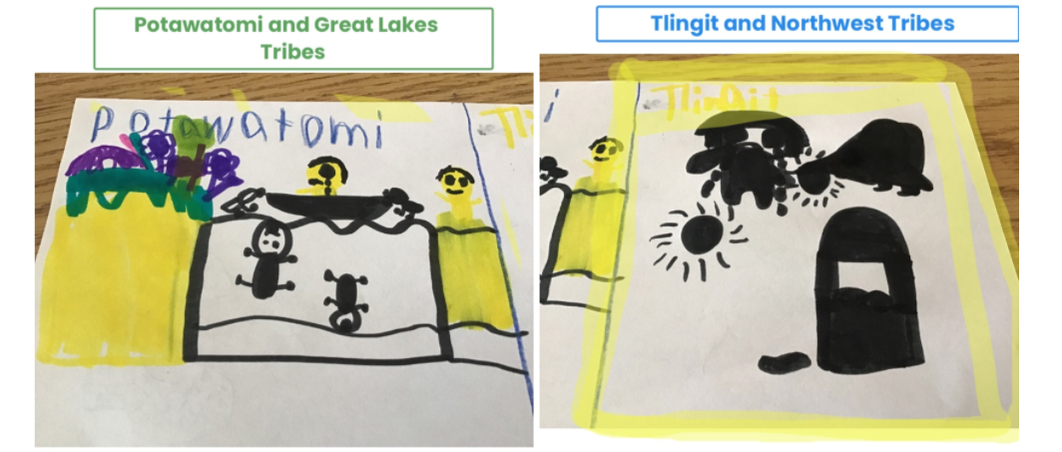MY core beliefs as a teacher
|
1) Young People are People, Fundamentally Deserving of the Same Respect and Dignity as Adults.
I believe that young people are too often overlooked and ignored when adults make decisions that impact them. Students in my class know that they are respected as people by me and by their peers through class norms and lots of opportunities for personal interaction and SEL development. Student identities are highlighted and celebrated as we develop pride in ourselves and our background cultures through classroom activities and everyday chats. When students speak up in my class, they know they are getting an audience with people who listen and care. |
|
2) A Good School in a Democracy Helps Students to Be Active, Productive, and Empowered Citizens of that Democracy.
I believe that democratic ideals are essential for public life outside of school, and therefore fundamental to the functioning of my classroom. Instead of simply signing on to classroom rules, we decide on rights we all have in our class, and then collaboratively develop responsibilities we have to ourselves and each other in order to uphold those rights. I gradually cede more and more power to my students at developmentally-appropriate levels throughout the year to encourage leadership. Insofar as it is physically and emotionally safe and productive for my students to do so, classroom decisions--from should the windows be open or shut to even curriculum--are made democratically with student's voice and choice in mind. Knowing your voice matters is the cornerstone of democratic participation. |
3) The Purpose of School is to Empower Young People with the Drive for Independent Learning, Critical Thinking, and Compassion so They Can Participate Meaningful in a Diverse World and Change it for the Better.
The world our students enter into will be different than the world we see today--our technology, institutions, and social constructs are shifting all the time. However, we know the future will need people to think critically, act compassionately, and intercede on behalf of justice in a world full of people of diverse backgrounds and identities. Instead of teaching for today's needs, my goals are to teach students to be independent and self-guided learners, to be active participants in the world, and to know that things are always changing and that they can change them for the better. By honoring student voice in decision-making, scaffolding student independence, stoking the fires of student engagement through relevant contexts and culturally-aware content, insisting on compassionate perspectives, and rigorously challenging my students to think critically about all situations, even and especially the ones they find themselves in, I hope to encourage the kind of compassionate, self-driven, independent, critical thinkers who can change our world into a more just one.
The world our students enter into will be different than the world we see today--our technology, institutions, and social constructs are shifting all the time. However, we know the future will need people to think critically, act compassionately, and intercede on behalf of justice in a world full of people of diverse backgrounds and identities. Instead of teaching for today's needs, my goals are to teach students to be independent and self-guided learners, to be active participants in the world, and to know that things are always changing and that they can change them for the better. By honoring student voice in decision-making, scaffolding student independence, stoking the fires of student engagement through relevant contexts and culturally-aware content, insisting on compassionate perspectives, and rigorously challenging my students to think critically about all situations, even and especially the ones they find themselves in, I hope to encourage the kind of compassionate, self-driven, independent, critical thinkers who can change our world into a more just one.
